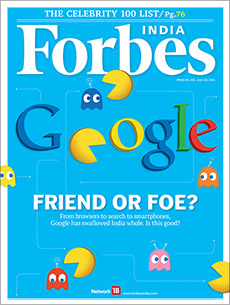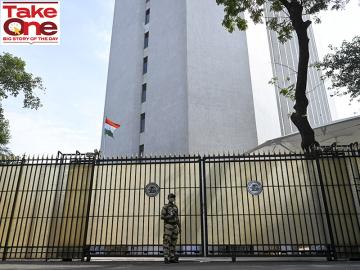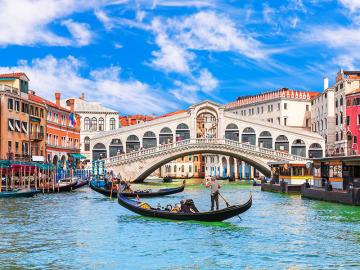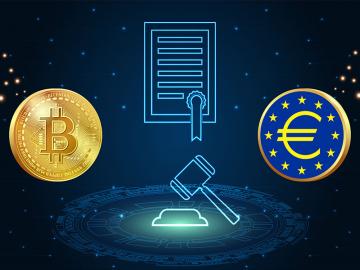
Google in India: Why Big is Worrisome
On the internet, there are positive outcomes from the ‘network’ effects of monopoly
There is something about big business that makes others wonder if the power that comes with size is being used unjustly to harm rivals and consumers. This is why the story of the 20th century in the US was often about breaking up the big corporations—from Big Oil to the big telephone monopolies (AT&T was broken up into several, so-called Baby Bells) to the fight against big tech (19 American states sued Microsoft over its alleged attempts to squash browser company Netscape). More recently, the European Union investigated Google, and many publishers feel Google often gets a free ride on their content without paying anything.
Nevertheless, monopolies are not something one should ever be sanguine about. And right now Google is Godzilla in India’s search, maps and smartphone operating systems, reportedly with over 90 percent market share. It may not be abusing this monopoly, but it is necessary to flag the issue since history teaches us that nobody who has power has ever failed to use it when it mattered. Rohin himself says he got interested in Google as he kept hearing a “near-universal refrain from most large advertisers and publisher-partners” about how the search giant’s “market power, conflicts of interest and ambition were growing in lock-step.”
And it’s not just Google. Even social media, such as Facebook and Twitter, have enormous power, and would bear some watching on how they leverage it.
In other fare, we bring you Forbes’ annual Celebrity 100 list—a fail-safe page turner on the showpeople who enthrall the US and mint millions. Back home, Pravin Palande documents the 137-year-old Bombay Stock Exchange’s efforts to pull itself out of irrelevance, while Prince Mathews Thomas charts the rise of Radico Khaitan as India’s next spirits powerhouse. Enjoy.
Best,
R Jagannathan
Editor-in-Chief, Forbes India
Email: r.jagannathan@network18online.com
Twitter id: @TheJaggi
(This story appears in the 26 July, 2013 issue of Forbes India. To visit our Archives, click here.)
-
 Anil
Anilok lets stop using google because google is awesome.
on Jul 12, 2013














